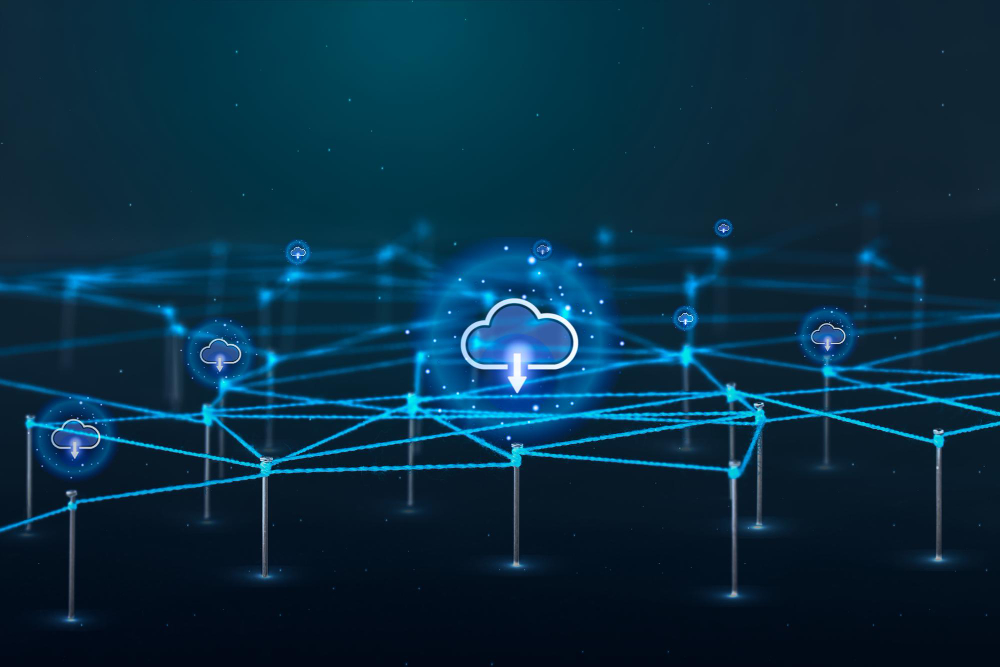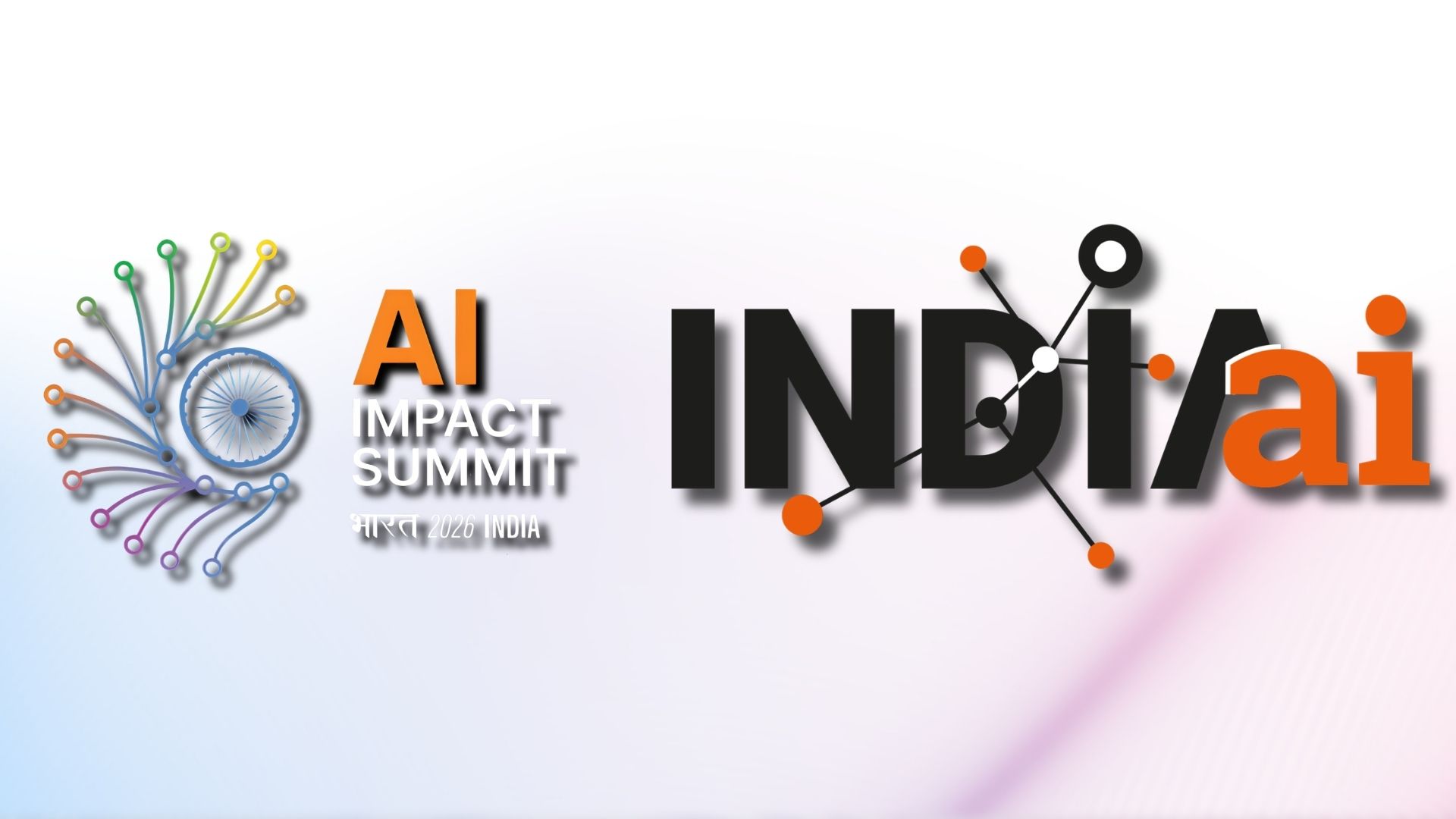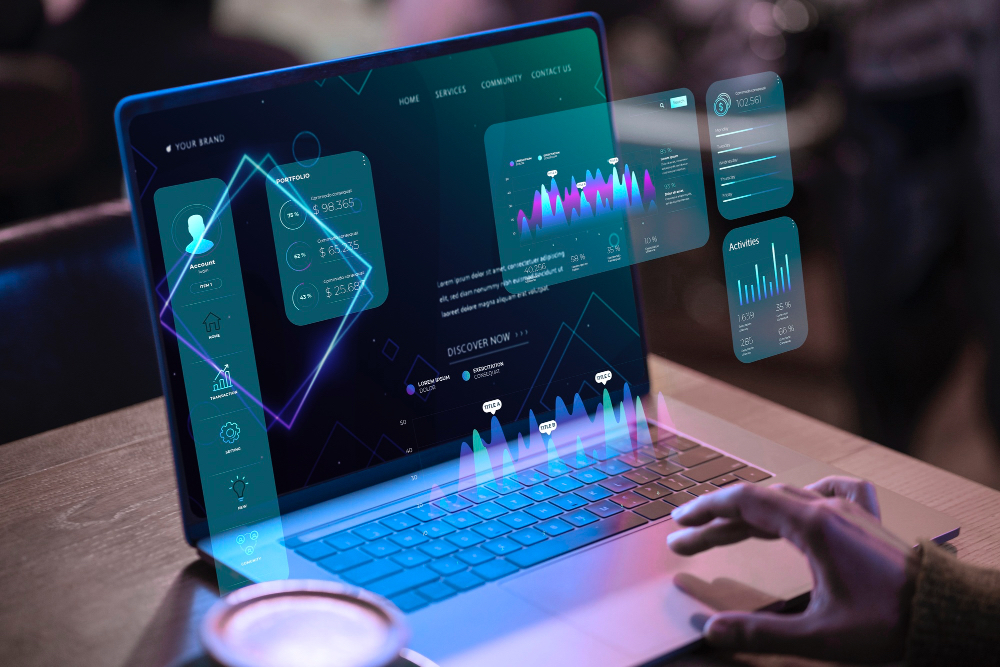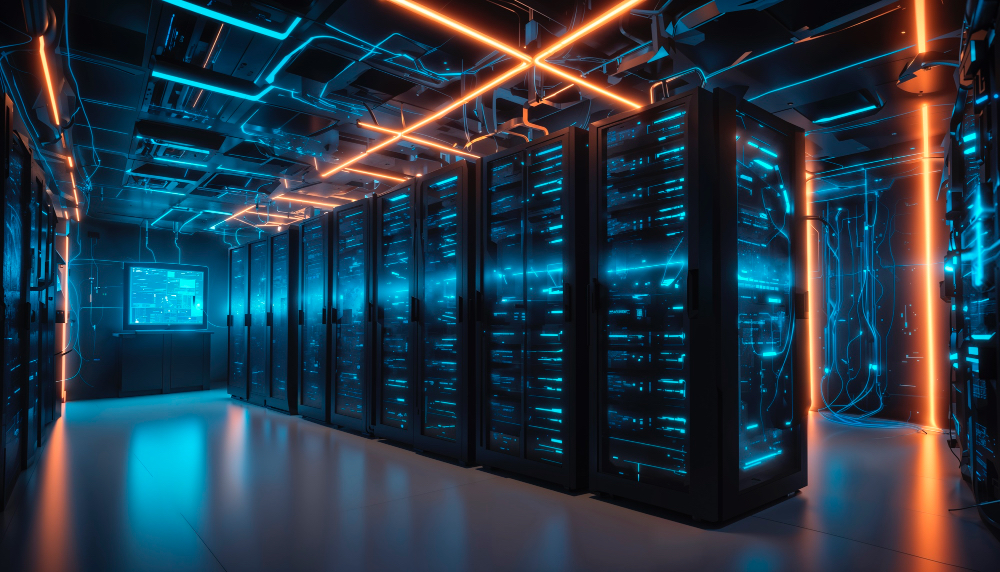A major outage on 20 February disrupted global internet traffic after an internal configuration failure at Cloudflare caused the unintended withdrawal of customer BGP routes.
The incident lasted just over six hours and left numerous services unreachable, despite early fears of a cyberattack. An internal update led to the systematic deletion of more than a thousand Bring Your Own IP prefixes, which pushed many connections into BGP path hunting instead of stable routing.
Engineers traced the disruption to an error in the company’s Addressing API, introduced during an automated cleanup task under the Code Orange resilience programme.
A flawed query interpreted an empty value as an instruction to delete all returned prefixes, removing essential bindings for hundreds of customers. Some users restored connectivity through the dashboard, while others required manual reconstruction carried out across the edge network.
An outage that affected a series of core offerings, including content delivery, security layers, dedicated egress and network protection services. Restoration took several hours because the withdrawn prefixes varied in severity, demanding different recovery methods instead of a uniform reinstatement process.
The error triggered widespread timeouts on dependent websites and applications, along with 403 responses on the 1.1.1.1 DNS resolver.
Cloudflare plans to introduce stricter API validation, circuit breakers for abnormal deletion patterns, and improved configuration separation. It has also issued a public apology for a failure that undermined its assurances of network resilience.
An event that reaffirmed the risks posed by internal automation faults when they interact with critical internet infrastructure.
Would you like to learn more about AI, tech and digital diplomacy? If so, ask our Diplo chatbot!










